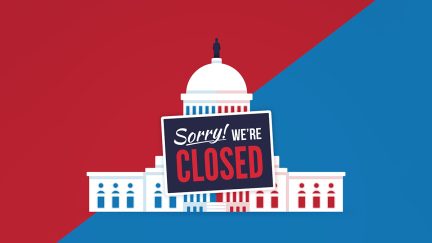Never miss a story — sign up for PLANSPONSOR newsletters to keep up on the latest retirement plan benefits news.
EBSA Puts Out HSA Guidance Round II
October 27, 2006 (PLANSPONSOR.com) - Federal
officials on Friday distributed their second round of
regulatory guidance about how to deal with legal issues
regarding health savings accounts (HSAs).
A news release from the US Department of Labor’s Employee Benefits Security Administration (EBSA) said the newly released Field Assistance Bulletin (FAB) 2006-02 is designed to not only answer questions from its first round of guidance in FAB 2004-1 , but other issues that have arisen since.
The questions have to deal with the extent to which HSAs present regulatory issues that come up under the Employee Retirement Income Security Act (ERISA). The 2004 release explained that HSAs generally will not constitute “employee benefit plans” covered by Title I of ERISA where there is limited involvement by the employer.
Friday’s document addresses whether particular conduct by employers in connection with an HSA arrangement goes beyond the conditions in FAB 2004-1, such as paying fees in association with establishing an HSA, the circumstances under which funds can be deposited into the account and legal implications of the employer offering some or all of the investment lineup used for the company’s 401(k) plan.
The new FAB also addresses the applicability of the prohibited transaction provisions of section 4975 of the Internal Revenue Code to HSAs that meet the conditions of FAB 2004-1 and are not covered by Title I of ERISA.
FAB 2006-02 is available here .


